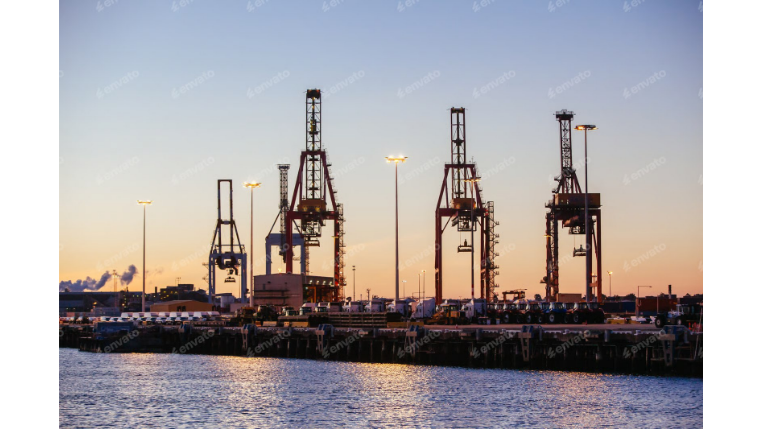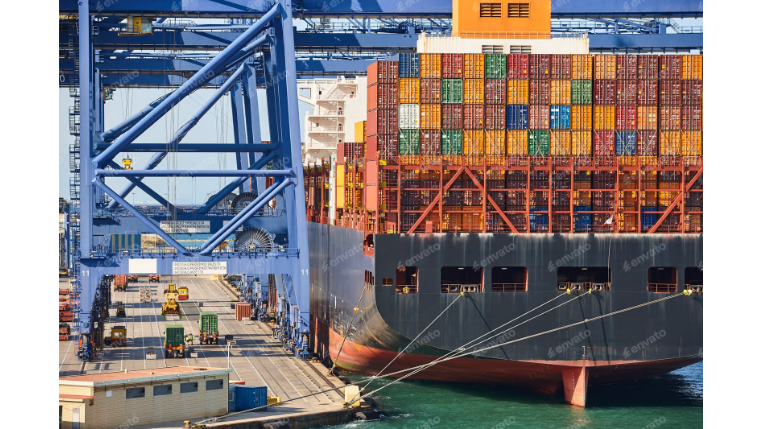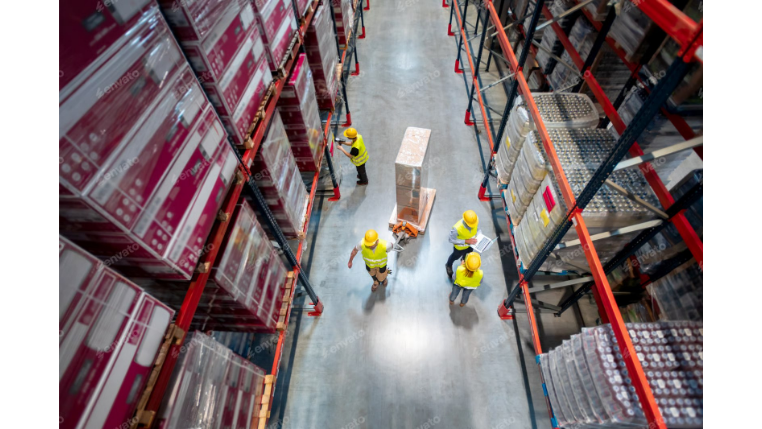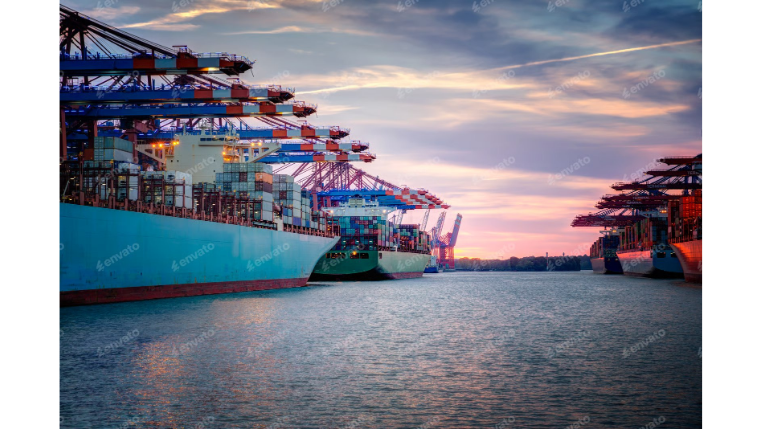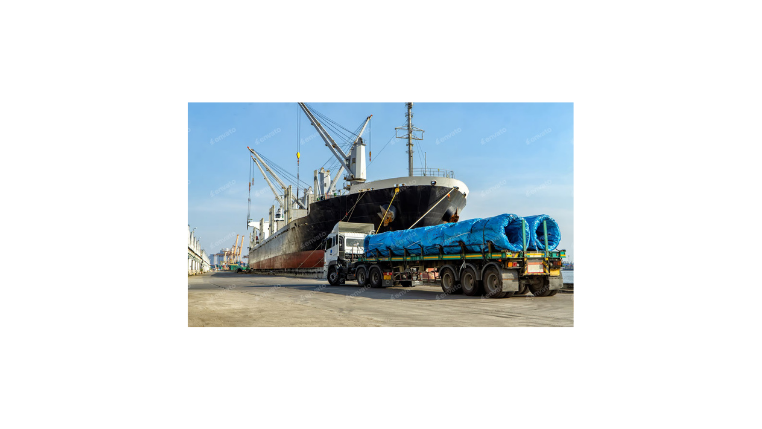What Is Air Freight Forwarding, and Why Should You Care?
Ever wonder how your e-commerce orders, that trendy tech gadget, or even fresh produce make it across the globe in record time? That’s where air freight forwarding steps in. If you’re running a small to medium-sized business or managing supply chains, understanding this process isn’t just helpful—it’s essential. Let’s break it down in plain English.
So, What Exactly Is Air Freight Forwarding?
Think of air freight forwarding as the ultimate travel agent—but for goods, not people. It’s the process of coordinating and shipping goods from one place to another via air. Freight forwarders act as middlemen, organizing everything from documentation to securing space on cargo planes. Essentially, they make sure your shipment gets from Point A to Point B efficiently, safely, and—ideally—without burning a hole in your pocket.
Imagine you’re an e-commerce seller shipping handmade candles internationally. Instead of navigating customs paperwork and figuring out airline schedules yourself, a freight forwarder takes care of it all. Convenient, right?
Why Air Freight? Isn’t Sea Freight Cheaper?
It’s true: sea freight often wins in the cost-per-pound department. But air freight’s strength lies in speed and reliability. If you’re shipping perishable items like flowers or urgent products like medical supplies, time is everything. Air freight gets your goods where they need to be, fast.
Here’s a practical example: A fashion retailer gearing up for the holiday season can’t afford delayed shipments. Choosing air freight ensures their inventory arrives on time, ready to hit shelves—or online carts—before the competition.
The Nitty-Gritty: What Does a Freight Forwarder Actually Do?
Let’s be honest: the logistics world is full of jargon. But understanding a freight forwarder’s role can save you headaches (and money). Here’s a snapshot of their responsibilities:
- Booking Cargo Space: Freight forwarders reserve space on planes for your shipments, much like booking a seat on a flight.
- Documentation: They handle all the necessary paperwork—from airway bills to customs declarations—so you don’t have to.
- Customs Clearance: Clearing customs can feel like deciphering a foreign language. Forwarders simplify the process, ensuring compliance with local regulations.
- Tracking Shipments: Want to know where your goods are? They’ve got you covered with real-time updates.
- Cost Optimization: Forwarders negotiate rates with airlines, helping you save on shipping costs. (Because who doesn’t like a good deal?)
Hidden Fees: The Silent Profit Killer
Let’s talk about the elephant in the room: hidden fees. Ever received an invoice that’s double what you expected? Yeah, it’s a common frustration. From fuel surcharges to handling fees, the cost of air freight can quickly spiral out of control if you’re not careful.
A good freight forwarder will provide a transparent breakdown of costs, helping you budget accurately. Pro tip: Always ask about potential extra charges upfront. It’s better to be slightly annoying than painfully surprised.
How Air Freight Forwarding Can Boost Your Business
Okay, so we’ve covered the basics. But how does air freight forwarding actually benefit your business? Let’s connect the dots.
- Global Reach: Want to expand your market to new countries? Air freight makes it possible by shrinking the world—at least logistically.
- Better Inventory Management: Faster shipping times mean less stock sitting in a warehouse. That’s cash you can reinvest elsewhere.
- Customer Satisfaction: Happy customers are loyal customers. Meeting delivery promises builds trust, which translates to repeat business.
- Crisis Management: Got an urgent shipment or last-minute order? Air freight is your go-to solution.
Picture this: A small electronics company receives a bulk order from a retailer right before a big shopping event. Without air freight, fulfilling that order on time would be impossible.
Choosing the Right Freight Forwarder: What to Look For
Not all freight forwarders are created equal. Here’s what you should keep in mind when choosing one:
- Experience and Reputation: Look for companies with a proven track record in your industry.
- Global Network: A wide-reaching network ensures smoother operations in foreign markets.
- Customer Support: Reliable communication can make or break your experience.
- Technology: From tracking tools to automated updates, tech-savvy forwarders offer greater transparency and efficiency.
- Pricing Transparency: No one likes hidden surprises, especially when it comes to costs.
Let’s Wrap This Up
Air freight forwarding might seem complex, but with the right partner, it’s a game-changer for businesses aiming to scale globally. Whether you’re an e-commerce entrepreneur, a supply chain manager, or part of a finance team calculating landed costs, air freight offers speed, reliability, and peace of mind.
So, next time you see a product labeled “Made in Italy” or “Imported from Japan,” take a moment to appreciate the logistics magic that brought it to you. And if you’re the one behind the shipment? You’ve got this—especially now that you know the ropes.


